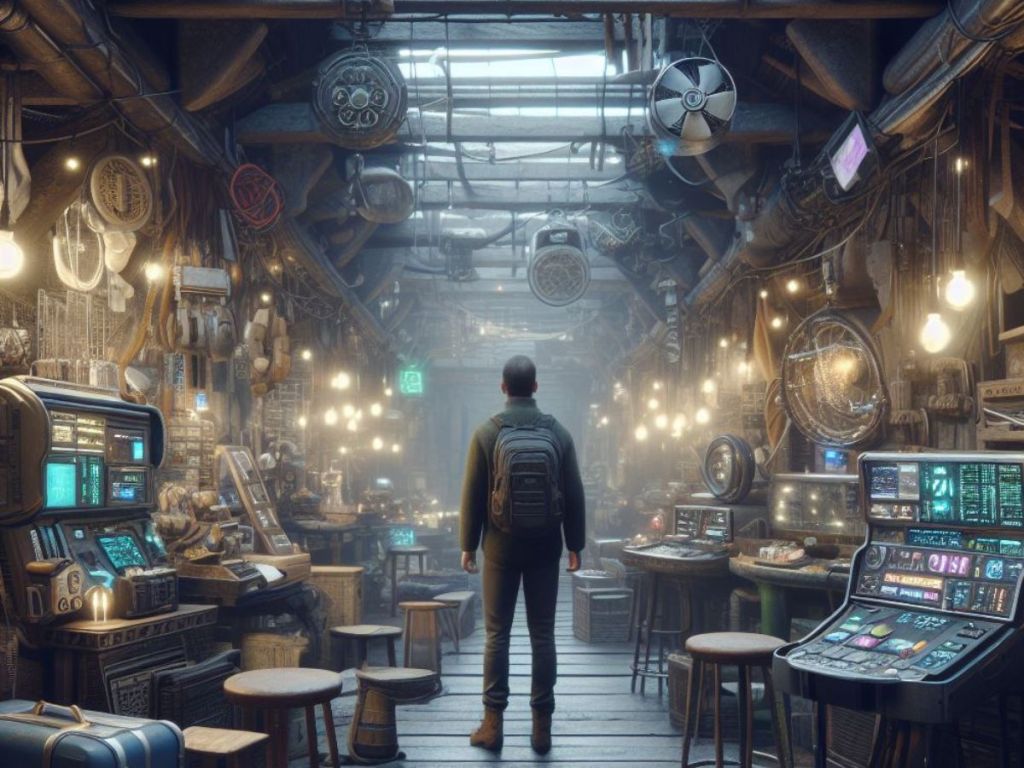The dark web is a part of the internet that is hidden from the regular web browsers and search engines. It can only be accessed through special software, which anonymises the users’ identities and locations.
The dark web is often associated with illegal activities, such as drug trafficking, cybercrime, hacking, and money laundering. But strangely, there are also forces for good existing there too.
Darknet markets
One of the most notorious features of the dark web is the existence of darknet markets, which are online platforms that allow users to buy and sell various goods and services, mostly of illicit nature.
Darknet markets have been operating since the early 2000s, but they gained widespread attention in 2011, when the first and most famous one, Silk Road, was launched by Ross Ulbricht, also known as Dread Pirate Roberts. Silk Road was a pioneer in using both Tor and Bitcoin to provide anonymity and security for its users and vendors.
It quickly became a popular destination for buying and selling drugs, weapons, counterfeit documents, hacking tools, and other illegal items. At its peak, Silk Road had over a million registered users and generated more than $200 million in revenue.
However, Silk Road’s success also attracted the attention of law enforcement agencies. They eventually managed to track down and arrest Ulbricht in 2013, and shut down the website.
Ulbricht was convicted of multiple charges, including drug trafficking, money laundering, and conspiracy to commit murder, and sentenced to life in prison without parole.
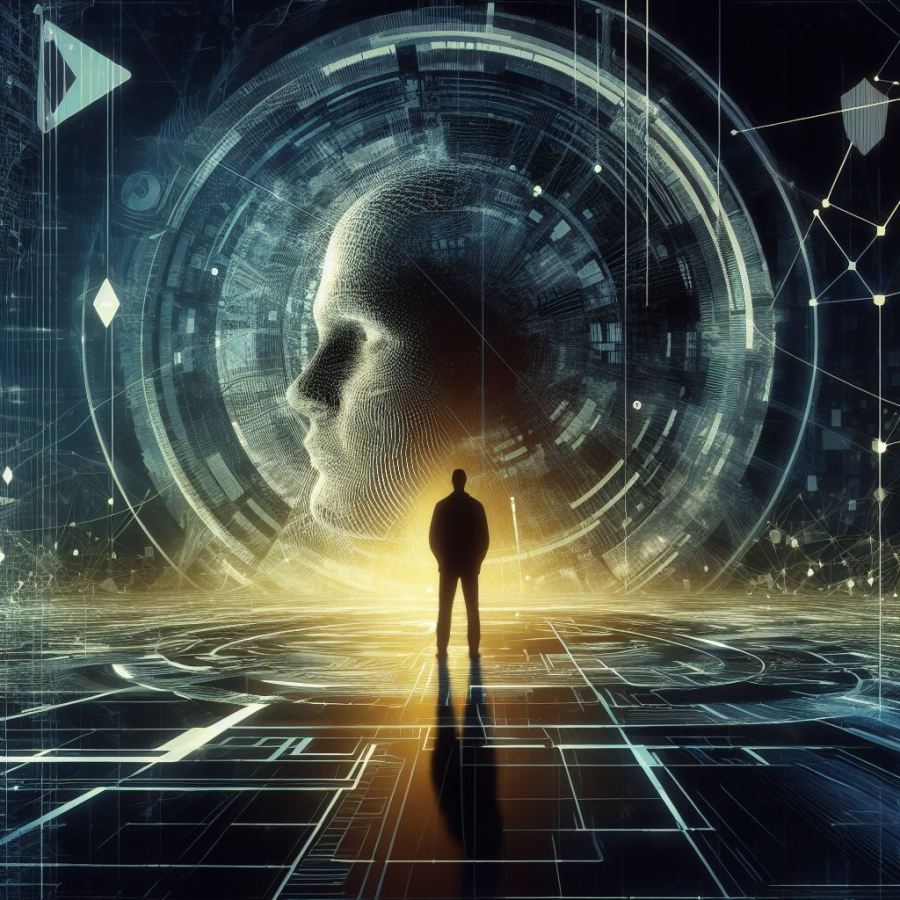
Silk Road’s demise did not stop the growth of darknet markets, as many copycats and competitors emerged in its wake. Some of the most notable ones were:
The Farmer’s Market
Launched in 2006, it was one of the earliest darknet markets, predating Silk Road. It moved to Tor in 2010, and offered a variety of drugs and pharmaceuticals. It was shut down by the FBI in 2012, and several operators and users were arrested.
Atlantis
Launched in 2013, it was a rival of Silk Road, and claimed to be the most advanced and secure darknet market. It offered a range of products, including drugs, weapons, and hacking services.
It also had a sleek user interface and a marketing campaign that included a YouTube video. However, it abruptly closed down in September 2013, citing security reasons and an exit scam.
Project Black Flag
Launched in 2013, it was another competitor of Silk Road, and promised to have no fees, no rules, and no limits. It also claimed to have a decentralised structure that would prevent law enforcement from taking it down.
However, it lasted only a month, before its owner, known as MettaDPR, disappeared with all the users’ funds. Not before posting a goodbye note saying they were running off with everyone’s Bitcoin.
Black Market Reloaded
Launched in 2011, it was one of the longest-running darknet markets, and offered a wide range of products, including drugs, weapons, explosives, and stolen data. It also had a reputation for being reliable and trustworthy. However, it closed down in 2013, after a security breach exposed its source code and user data.
Wall Street Market
Launched in 2016, it was one of the largest and most sophisticated darknet markets, and offered drugs, weapons, malware, fake documents, and other illegal items.
It also had a multi-signature escrow system, a forum, and a support team. However, it was taken down by a joint operation of law enforcement agencies from Germany, the US, the Netherlands, and France in 2019, and three of its administrators were arrested.
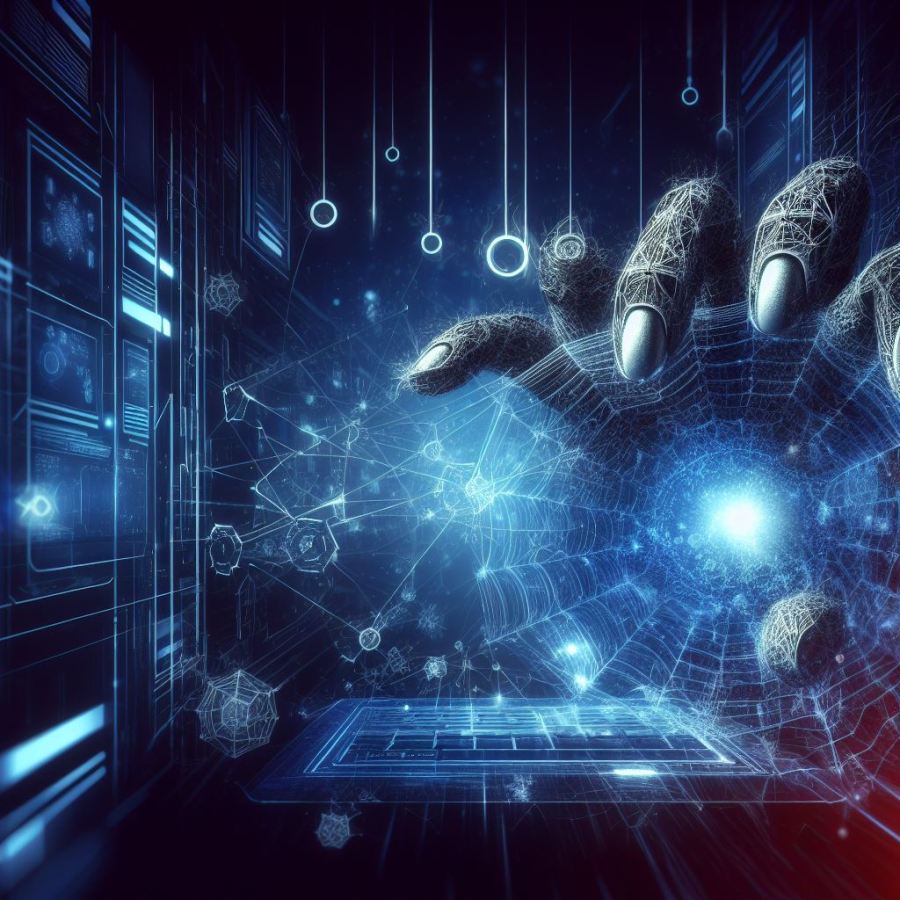
These are just some examples of the many darknet markets that have operated and been shut down over the years. The dark web is a dynamic and volatile environment, where new markets emerge and old ones disappear, often due to law enforcement interventions, security breaches, or internal conflicts.
Despite the risks and challenges, darknet markets continue to attract users and vendors who seek anonymity, privacy, and freedom in their online transactions. However, they also face the constant threat of being exposed, hacked, or scammed, as the history of the dark web shows.
What is the dark web? Are all businesses evil?
This may surprise some people, but there are some parts of the dark web whose goal is to help people get around tyrannical governments and avoid big data getting their information.
So are these a force for good? Perhaps.
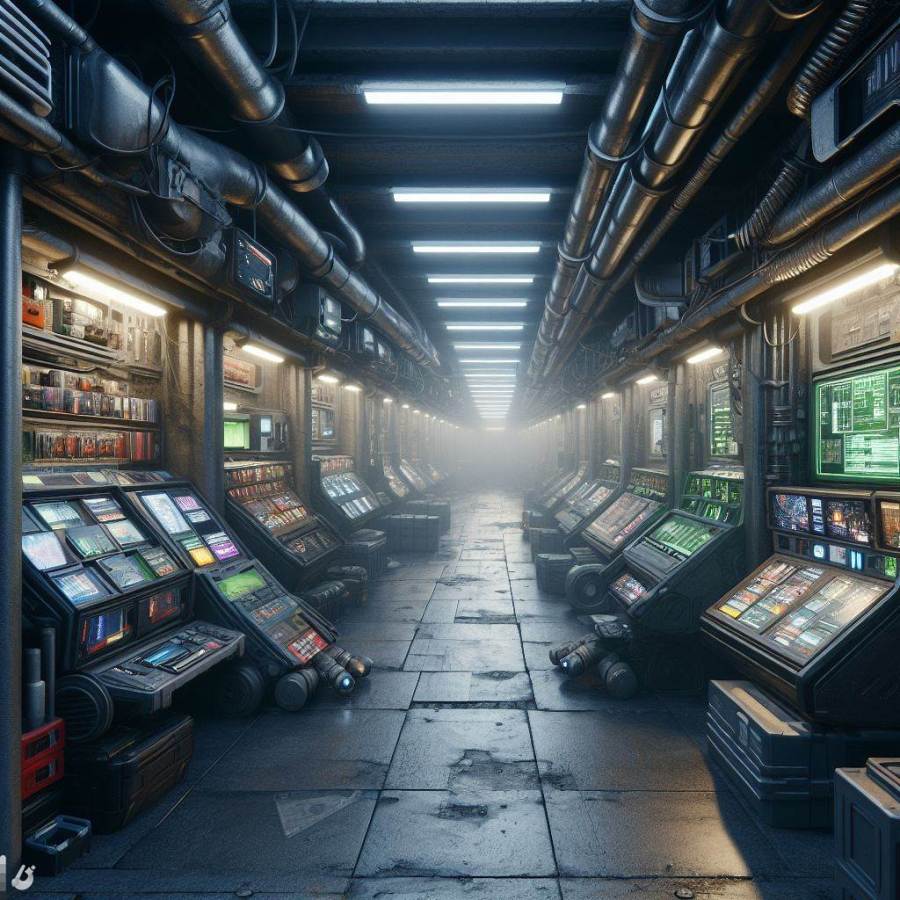
Here are some examples of dark web businesses that are not necessarily evil.
Search engines
The dark web has its own search engines, such as Not Evil or Ahmia, which allow users to find and access dark web websites.
Unlike Google or Bing, these search engines do not track or censor the users’ queries or results. They also respect the users’ privacy and anonymity, and do not collect or sell their personal data. These search engines can help users discover useful and relevant information on the dark web, such as news, forums, blogs, and educational resources.
But they also help users discover the dark marketplaces like those mentioned above – so, a bit of give and take.
News and media
The dark web also hosts several news and media outlets, which provide independent and uncensored journalism. For example, ProPublica is a Pulitzer Prize-winning non-profit news organisation that investigates and exposes corruption, injustice, and abuse of power.
It uses the dark web to protect its sources and whistleblowers, and to reach audiences in countries where the internet is restricted or monitored. Another example is The New York Times, which has a dark web version of its website that allows readers to access its articles without being tracked or blocked by their governments or ISPs.
Dark web social media
The dark web also offers alternative social media platforms, which allow users to communicate and interact with each other without fear of surveillance or censorship.
For example, Facebook has a dark web version of its website that lets users access their accounts and profiles through Tor. This can help users who live in countries where Facebook is banned or blocked, or who want to protect their privacy and identity online.
Another example is Mastodon, which is a decentralised and open-source social network that runs on the dark web. It lets users create and join communities based on their interests, and share content without any ads or algorithms.
Dark web e-Commerce
The dark web also has legitimate and legal e-commerce platforms, which allow users to buy and sell goods and services online. For example, OpenBazaar is a peer-to-peer marketplace that operates on the dark web. It lets users trade anything from books and art to electronics and clothing, using cryptocurrencies such as Bitcoin.
It does not charge any fees or commissions, and does not require any personal information or registration.
Dark web education and research
The dark web also has educational and research resources, which can help users learn and discover new knowledge. For example,Sci-Hub is a dark web website that provides free access to millions of scientific papers and articles, which are otherwise behind paywalls or subscriptions. It can help researchers, students, and academics access and share scientific information and literature.
Another example is Library Genesis, which is a dark web website that offers free access to millions of books and publications, covering various topics and fields. It can help users find and download books and documents that are hard to find or expensive to buy.
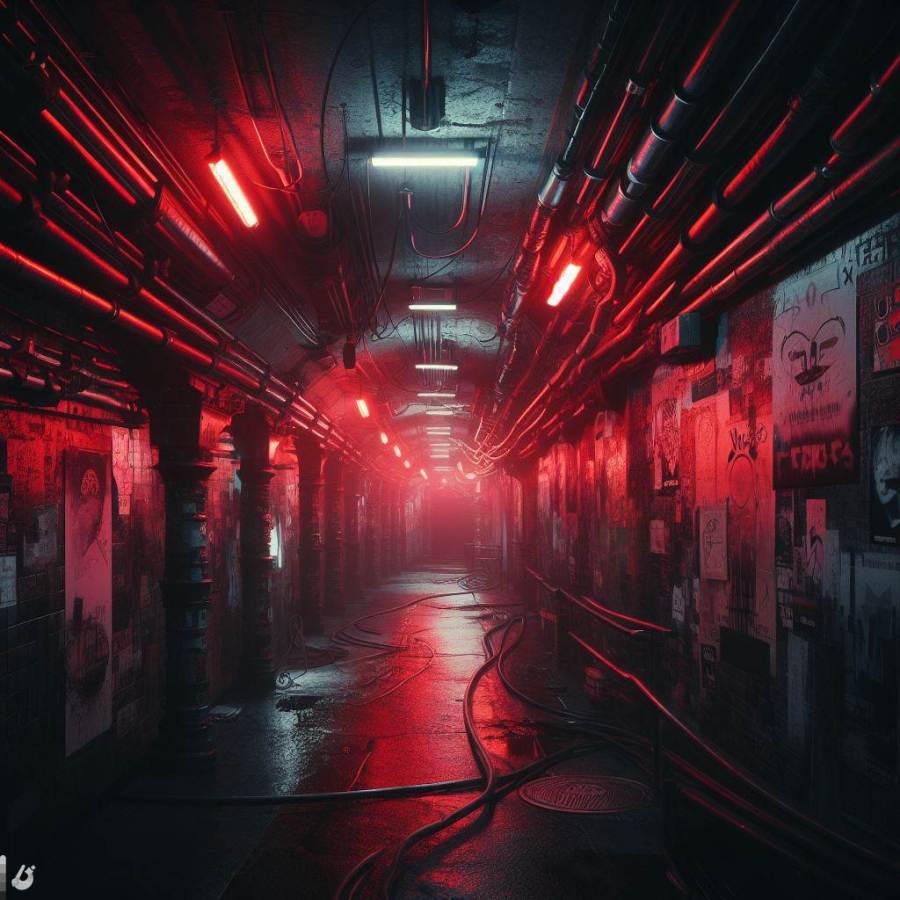
The dark web is not all evil
These are just some examples of the many dark web businesses that are not evil or illegal. The dark web is not a monolithic or homogeneous entity, but a diverse and dynamic environment, where different users and groups have different purposes and goals.
While some of them may use the dark web for harmful activities, others may use it for positive or beneficial ones.
The dark web can offer users many advantages, such as privacy, anonymity, security, freedom, and innovation, which can enhance their online experience and well-being. However, the dark web also comes with many risks and challenges, such as malware, scams, fraud, violence, and law enforcement.
Therefore, users should exercise caution when accessing and using the dark web, and always protect themselves and their devices with a VPN and antivirus software.





